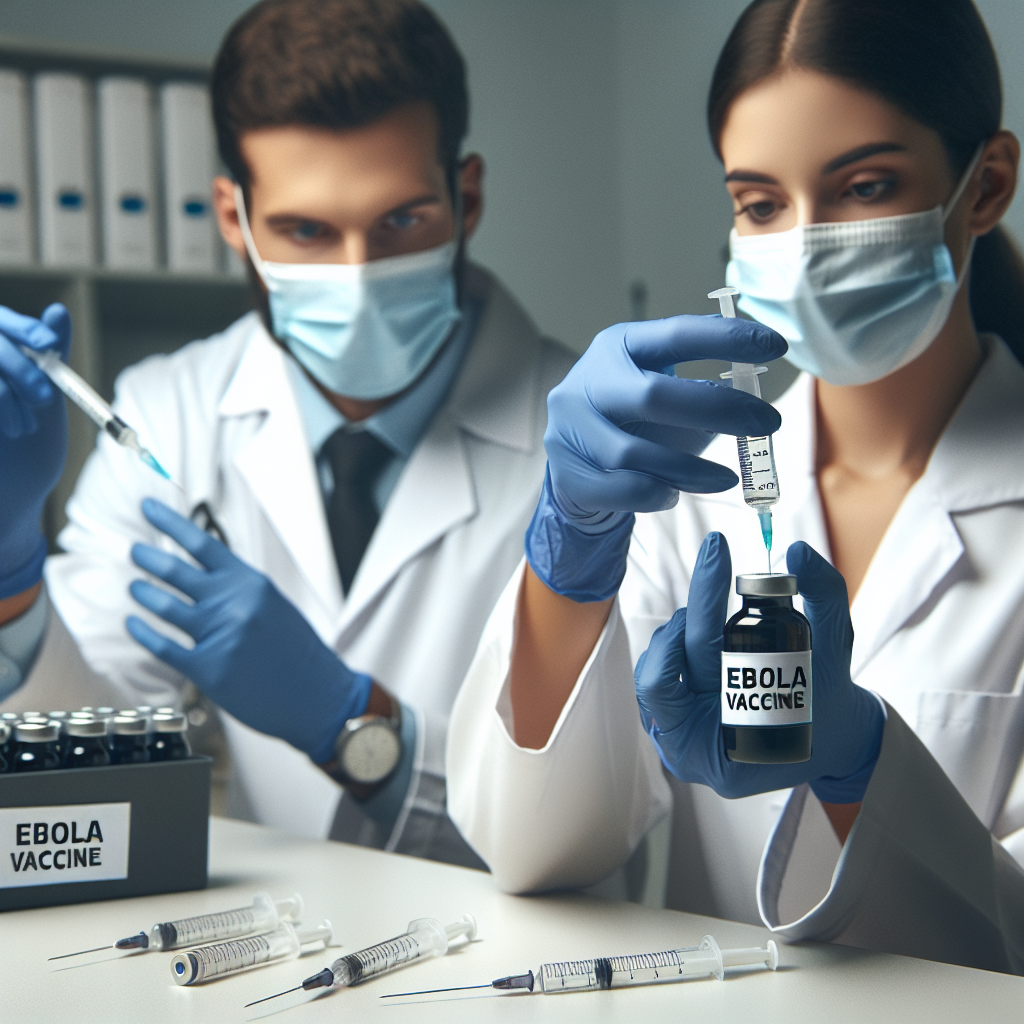WHO and Partners Ramp Up Efforts to Combat Sudan Virus Disease in Uganda, Deploying Vaccine Trials and Treatments
As of January 30, 2025, Uganda has confirmed one case of Sudan virus disease, with 45 contacts under surveillance.

The World Health Organization (WHO) and its partners have significantly intensified their support for Uganda's response to the ongoing outbreak of Sudan virus disease (SVD), a deadly illness in the Ebola virus family. The outbreak, which has caused concern due to the severity and high fatality rates associated with SVD, has prompted the swift delivery of crucial medical interventions, including access to a candidate vaccine and experimental treatments.
As of January 30, 2025, Uganda has confirmed one case of Sudan virus disease, with 45 contacts under surveillance. The rapid deployment of medical resources is critical to preventing further spread, as Sudan virus disease can have a case fatality rate ranging from 41% to 100%. Past outbreaks, including one in 2022-2023 that resulted in 164 cases and 77 deaths, highlight the urgency of the situation.
Immediate Response and Vaccine Trials
The first 2,160 doses of a candidate Sudan virus vaccine and treatments—comprising a monoclonal antibody and an antiviral (remdesivir)—have been prepositioned in Kampala, Uganda, as part of the outbreak preparedness measures. These doses are now ready for deployment as clinical trials begin. The vaccine trials are particularly important, as Sudan virus disease currently lacks an approved vaccine or treatment.
The trials are designed to assess the safety and efficacy of the candidate vaccine and the treatments through rigorous clinical protocols. These trials are being led by a collaborative international effort, coordinated by WHO, and involve academic institutions, regulatory authorities, and researchers from both Uganda and other countries at risk of filovirus outbreaks. The aim is not only to evaluate the vaccine’s potential in halting the current outbreak but also to prepare for future threats, especially in high-risk areas.
As part of the trial process, research teams are currently being oriented on trial procedures, with logistics being arranged for their deployment. Mobile study teams will be sent to high-risk areas, using the ring vaccination strategy, which focuses on vaccinating individuals at greatest risk of contracting the virus, such as close contacts of confirmed cases.
Global Collaboration and Support
This global response is the result of tireless international cooperation. The International AIDS Vaccine Initiative (IAVI) has provided the candidate Sudan virus vaccine, while Gilead Sciences has made its antiviral, remdesivir, available for use. Additional support has come from organizations like the Coalition for Epidemic Preparedness Innovations (CEPI), the Africa Centres for Disease Control and Prevention (Africa CDC), and the European Commission's Health Emergency Preparedness and Response Authority (HERA).
The MARVAC Consortium and the Collaborative Open Research Consortium (CORC) for the Filoviridae Family have been instrumental in developing the protocols and setting research priorities for the trials. These efforts represent a key step in the ongoing global fight against deadly pathogens like the Sudan virus.
Ongoing Outbreak Response
While vaccines and treatments are vital tools, control of the outbreak also relies on robust public health measures. In addition to the clinical trials, Uganda is undertaking comprehensive measures to halt transmission. This includes rapid identification of contacts, extensive epidemiological investigations, and heightened community awareness initiatives.
WHO has allocated US$ 1 million from its Contingency Fund for Emergencies to assist with outbreak control efforts. These resources are being used to support the Ministry of Health of Uganda, along with the Ugandan Virus Research Institute and Makerere University Lung Institute, which are leading the trials. WHO is also working closely with local authorities to enhance the country’s ability to respond to the outbreak effectively.
The Importance of Early Intervention
Though outbreaks of Sudan virus disease have been manageable through traditional containment methods, the availability of safe and effective vaccines can accelerate the response and prevent further loss of life. Early initiation of supportive treatment, though not a cure, has been shown to significantly reduce mortality in past outbreaks. As the trials continue, researchers and health authorities are hopeful that a successful vaccine could offer lasting protection against future outbreaks of this deadly disease.
The ongoing trials, the swift mobilization of resources, and the international collaboration all underscore the urgency and determination to stop the spread of Sudan virus disease in Uganda and prevent its future re-emergence.
- READ MORE ON:
- Uganda
- World Health Organization
- Sudan Virus Disease
- Ebola










